
Boss
A woman trying to find her way out of a long abandoned Polish Uranium mine encounters the strange world that lies within -- and is invited to stay as a permanent guest.

In this adaptation of an historical play by Pope John Paul II, painter Albert Chmielowski decides to devote his life to helping the homeless.
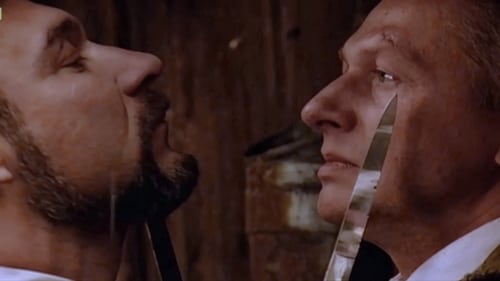
Writer
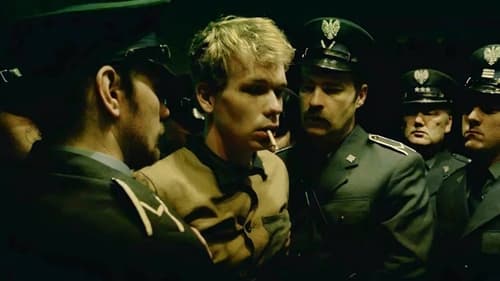
Prokurator
Jacek, an angry drifter, murders a taxi driver, brutally and without motive. His case is assigned to Piotr, an idealistic young lawyer who is morally opposed to the death penalty, and their interactions take on an emotional honesty that throws into stark relief for Piotr the injustice of killing of any kind.

[obsada aktorska]
A two-part historical film covering the years of the First World War and the post-war period up to 1919 - until the signing of the peace treaty in Versailles near Paris. An attempt to show the great and complicated process of regaining an independent existence by a nation within its own state. The screen shows characters from history textbooks: Józef Piłsudski, Ignacy Paderewski, Roman Dmowski, Wojciech Korfanty as well as representatives of the world political scene, incl. David Lloyd George, Woodrow Wilson, Georges Clemenceau, Vladimir Lenin and others.

Hugo Kołłątaj
The document describes the preparations and organizational problems related to the outbreak of the Kościuszko Insurrection and the initial phase of the fighting to the Battle of Racławice. He also devotes a lot of space to the peasant question.

Teacher
The reminiscences of a Russian pilot, shot down over Poland during the war, of his first great love there.

prokurator Zwolski
The 1937 trial of communist journalists, working for the same student magazine in Vilnius, is shown through the tragic life of the paper's young collaborator Julek Szulc.
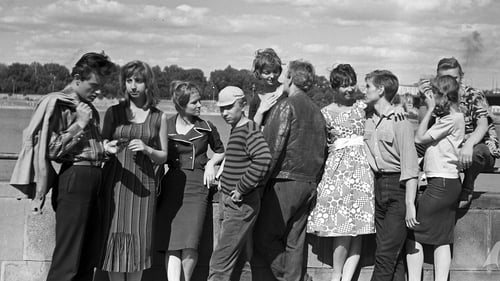
Polish drama from 1960 directed by Bohdan Poreba.
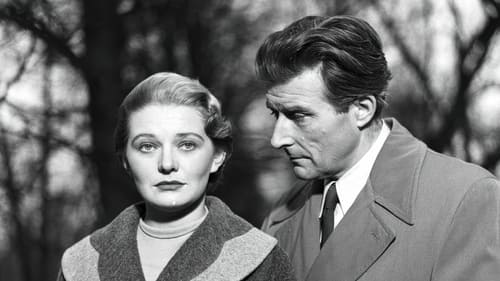
kierownik budowy
Roza marries a promising young architect, Juliusz ; for a few months, they have a blissful life together. Then World War II breaks out and within weeks Juliusz is deported to a concentration camp. Months, and then years go by, until Roza abandons any hope that her husband might return. She meets and falls in love with another man, and tries to put her life back together, but one day, unexpectedly, Juliusz does return - a shattered, mere ghost of his former self, physically crippled and tormented by memories of the camps. First out of duty, then out of pity, Roza starts to care for him, but her feelings slowly are transformed into a kind of revulsion
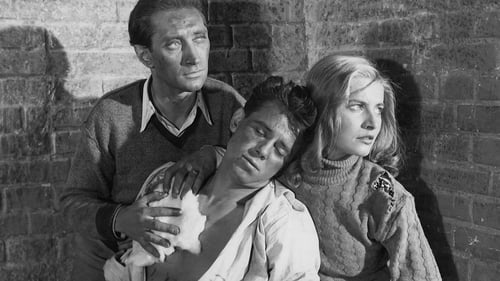
porucznik "Gustaw"
During the last few days of the Warsaw Uprising following World War II, a modest group of Resistance members remains. The band must take refuge in the sewers under the orders of leader Zadra, but it's only a matter of time before they will have to emerge. However, when they try, they are met only with intense hostility from the Nazis. Despite their attempts stay resolute through immense mental strain, it becomes increasingly apparent that they may be doomed.

Czepiec

Tomczewski
With the second part of his Cellulose Diptych, award-winning director Jerzy Kawalerowicz returns to protagonist Szczesny, now a full-fledged, middle-aged communist militant in pre-war Poland. Based on the writings of Igor Newerly, Kawalerowicz's epic chronicles the romance between Szczesny and the charismatic Madzia, as the ill-fated pair fall in love amid the social and political upheaval of their homeland.
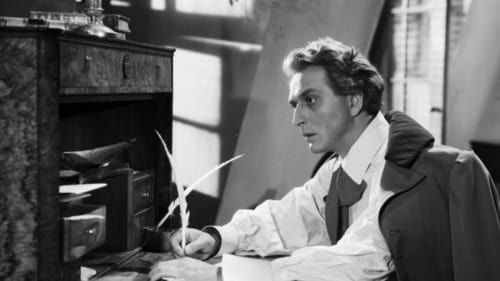
Slavic Violinist
As directed by Aleksander Ford in 1952, this Polish-language period drama chronicles the life, times and accomplishments of revered Warsaw-born Romantic composer Frederic Chopin, here played by Czeslaw Wollejko (Danton). The feature focuses exclusively on the youth of Chopin (who died at age 39), spanning his 15th year (c. 1825) through his 21st year (c. 1831); it also depicts Chopin as both prodigiously gifted and one filled with a tremendous spirit of Polish nationalism. Ford concludes with the onset of the illness that eventually killed Ford, set against the backdrop of the famous November Uprising in 1830.










